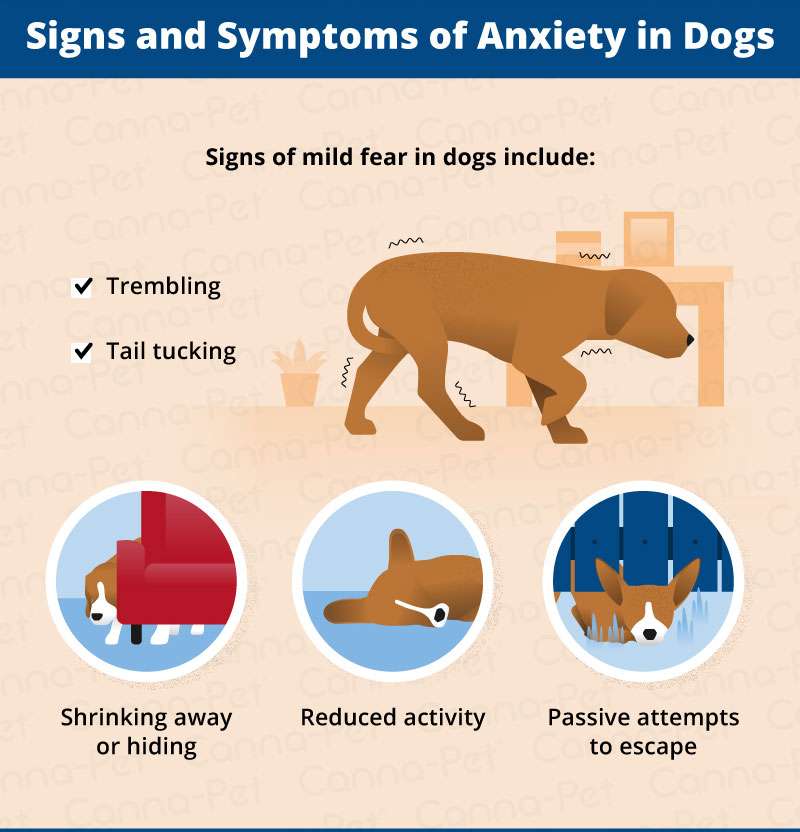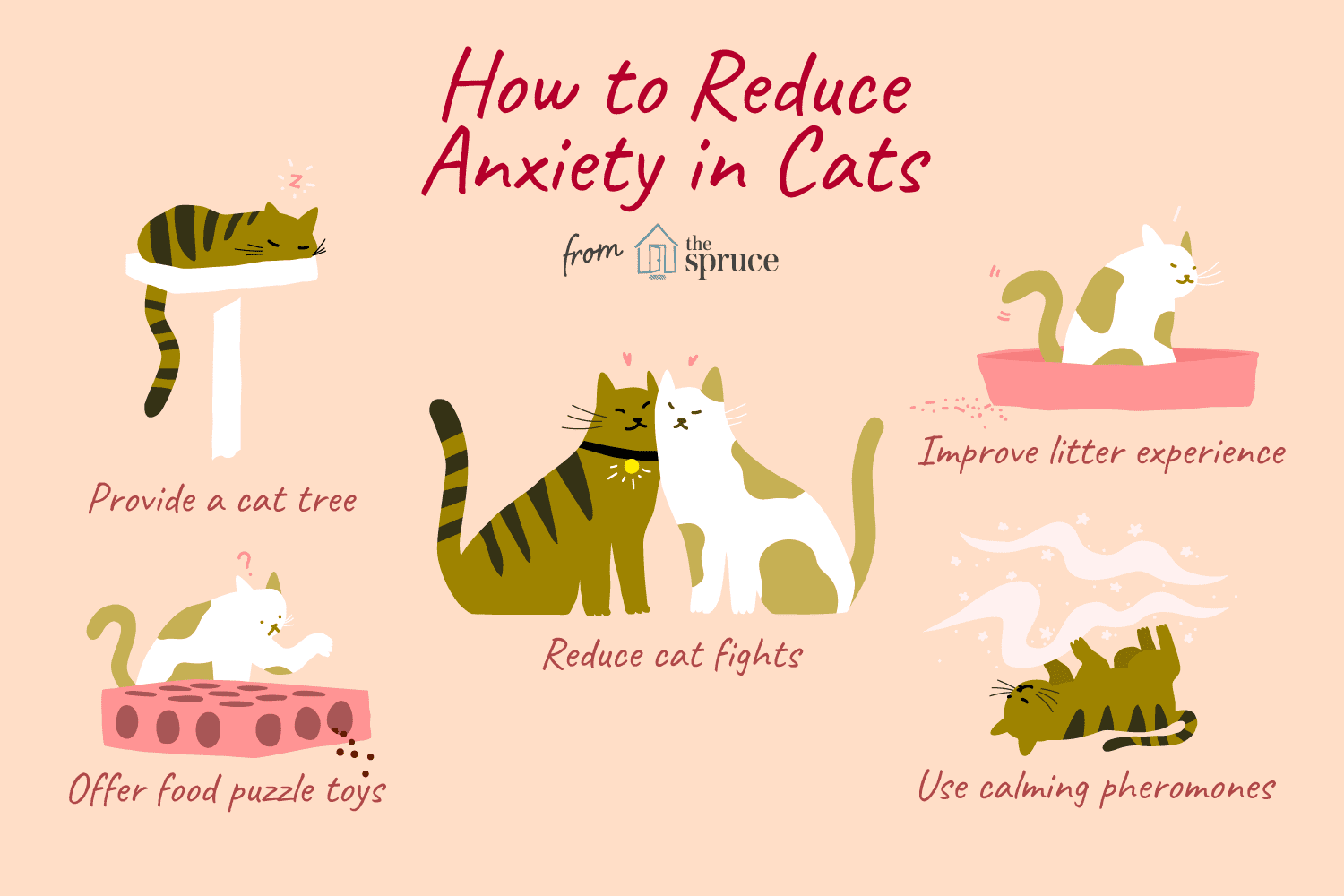Key Takeaways:
- Therapy animals can provide emotional support and comfort to individuals in various settings.
- Dogs are the most commonly used therapy animals due to their social nature and ability to bond with humans.
- Cats can also be effective therapy animals, especially for individuals who prefer a calmer and more independent companion.
- Horses are often used in equine-assisted therapy, which can help individuals with physical, mental, or emotional challenges.
- Other animals like rabbits, guinea pigs, and even birds can also be trained and certified as therapy animals to provide companionship and alleviate stress or anxiety.
Are you feeling stressed, anxious, or just in need of some extra comfort? Well, you're not alone. Many people find solace and support in the companionship of animals. In fact, research has shown that interacting with therapy animals can have a profound positive effect on our mental well-being. Whether it's cuddling up to a fluffy dog or watching fish gracefully swim in an aquarium, these therapy animals have the power to improve our mood and reduce stress levels. So, if you're curious about the incredible benefits these furry (and scaly) creatures can bring into our lives, join me as we explore four popular therapy animals that are making a difference every day. Get ready to discover the amazing ways they can uplift our spirits and make us feel better without even realizing it! Let's dive right in!
What are therapy animals and why are they used?
Therapy animals are specially trained animals that provide comfort, support, and companionship to people who may be experiencing physical or mental health challenges. These animals can be dogs, cats, horses, or even smaller animals like rabbits or guinea pigs. They are used in various settings such as hospitals, nursing homes, schools, and rehabilitation centers.
Therapy animals are known for their ability to improve mood and reduce stress. Spending time with these animals can help people feel calmer and more relaxed. They provide emotional support and unconditional love, which can be particularly beneficial for individuals going through difficult times or dealing with anxiety or depression.
Popular therapy animals and their characteristics
Dogs are the most common type of therapy animal because of their friendly nature and ability to bond with humans. They are often trained to perform tasks such as providing physical support to individuals with mobility issues or alerting someone with hearing impairments to important sounds.
Cats can also make excellent therapy animals. Their soothing presence and gentle purring can have a calming effect on people. Cats are often used in nursing homes or assisted living facilities where residents may benefit from the companionship of a quiet and low-maintenance pet.
Dogs as Therapy Animals
- Friendly and sociable
- Responsive to human emotions
- Trained in obedience commands
- Able to provide physical support if needed
Cats as Therapy Animals
- Soothing presence
- Gentle purring helps reduce stress
- Low-maintenance pets
- Provide companionship to individuals
How therapy animals help people with physical disabilities
Therapy animals can be incredibly helpful for individuals with physical disabilities. For example, a person who uses a wheelchair may have difficulty reaching or picking up objects. A therapy dog can be trained to fetch items, open doors, or even assist with balance while walking.
Horses are also used in a type of therapy known as equine-assisted therapy. Riding and interacting with horses can improve strength, coordination, and balance for individuals with physical disabilities. The rhythmic motion of riding a horse can also help stimulate muscles and improve overall body control.
How therapy animals help people with mental health conditions
Therapy animals offer tremendous support to people with mental health conditions such as anxiety or depression. Spending time with an animal can increase levels of the hormone oxytocin, which promotes feelings of happiness and bonding.
Dogs, in particular, are often trained as emotional support animals (ESAs) for individuals with mental health conditions. They provide comfort during times of distress and can help reduce symptoms such as panic attacks or feelings of loneliness.
Training requirements for therapy animals
To become a therapy animal, dogs and other animals must undergo specific training to ensure they are well-behaved and able to handle various environments and situations. Training typically includes obedience commands, socialization exercises, and exposure to different sounds, smells, and distractions.
The training process involves working closely with professional trainers who specialize in therapy animal programs. Once the animal completes the necessary training and passes an evaluation, they can be certified as a therapy animal.
Inspiring stories of therapy animals making a positive impact
There are countless inspiring stories of therapy animals making a positive impact on people's lives. For example, there have been instances where therapy dogs have helped children with autism improve their social skills and communication abilities.
In another heartwarming story, a therapy horse named Magic provided comfort to survivors of the 2013 Boston Marathon bombing during their recovery process. Magic's gentle presence and interactions brought smiles to the faces of those affected by the tragedy.
Supporting the well-being of therapy animals in your community
If you're interested in supporting the well-being of therapy animals in your community, there are several ways you can get involved. You can volunteer at local animal-assisted therapy programs, donate supplies or funds to organizations that train and care for therapy animals, or even consider becoming a foster home for animals in training.
By supporting these programs and organizations, you can help ensure that therapy animals receive the proper care, training, and resources they need to continue making a positive impact on the lives of individuals facing physical or mental health challenges.
In conclusion, therapy animals play an important role in providing comfort and support to people in need. Whether it's a dog, cat, horse, or rabbit, these animals bring joy and healing to many individuals. Their presence and unconditional love make them popular choices for therapy programs around the world.
What is the most common therapy animal?
Dogs are frequently used as therapy animals and have a strong connection with humans. They are often utilized in response to both natural and human-caused disasters.
What animals are used for therapy?
While dogs are the most common therapy animals, other animals like cats, horses, and rabbits can also be used as long as they are well-trained and suitable for the specific needs of the individuals seeking therapy. The eligibility for therapy animals depends on the care facility and the condition of the person receiving the therapy.
What animal is like a therapist?
While dogs and horses are commonly chosen as therapy animals, cats can also be excellent choices. Like dogs, cats are easily brought into indoor facilities like nursing homes and hospitals to provide comfort to individuals missing their own pets.
What pet is most commonly used in pet therapy?
Pet therapy aims to aid individuals in their recovery from health issues or mental disorders. Dogs and cats are the most frequently utilized animals in this form of therapy.
What are the top 5 therapy animals?
While dogs are the most common type of therapy pets, other animals like cats, rabbits, guinea pigs, and horses can also be great options. These adorable pets are highly trained, have friendly personalities, and are comfortable being around people. Additionally, they are known for their strong work ethic!
What animal is best for anxiety?
Here are a few examples of effective emotional support animals for mental health. Small pets such as rabbits, guinea pigs, and birds are particularly beneficial for anxiety. These animals have been shown to reduce blood pressure, regulate heart rate, improve self-esteem, and keep the mind occupied.
















